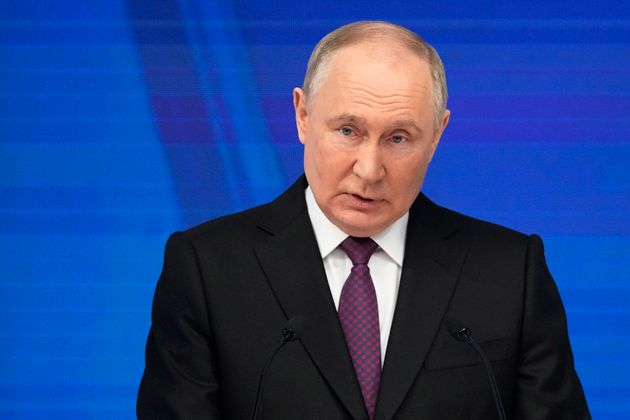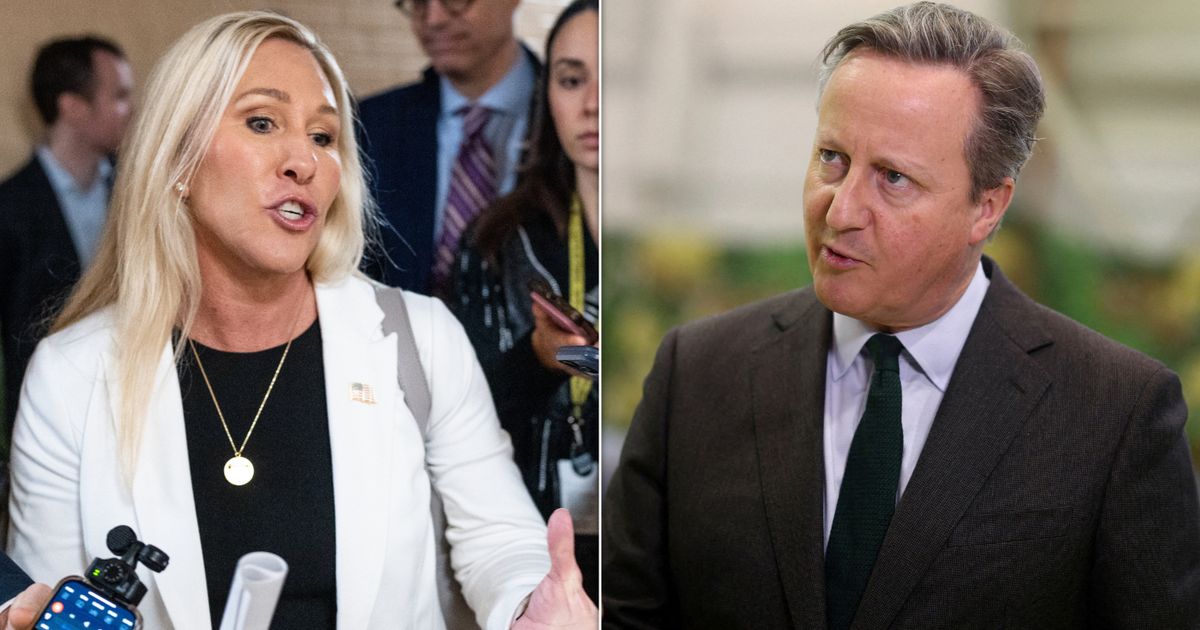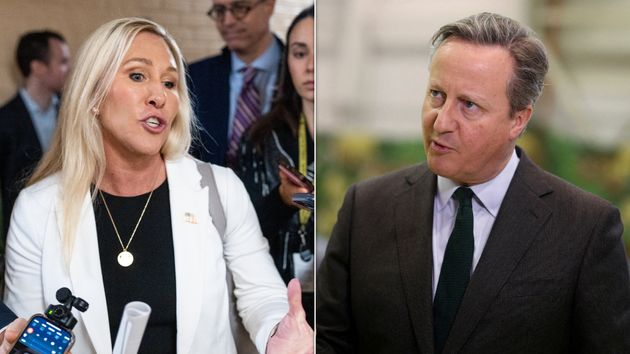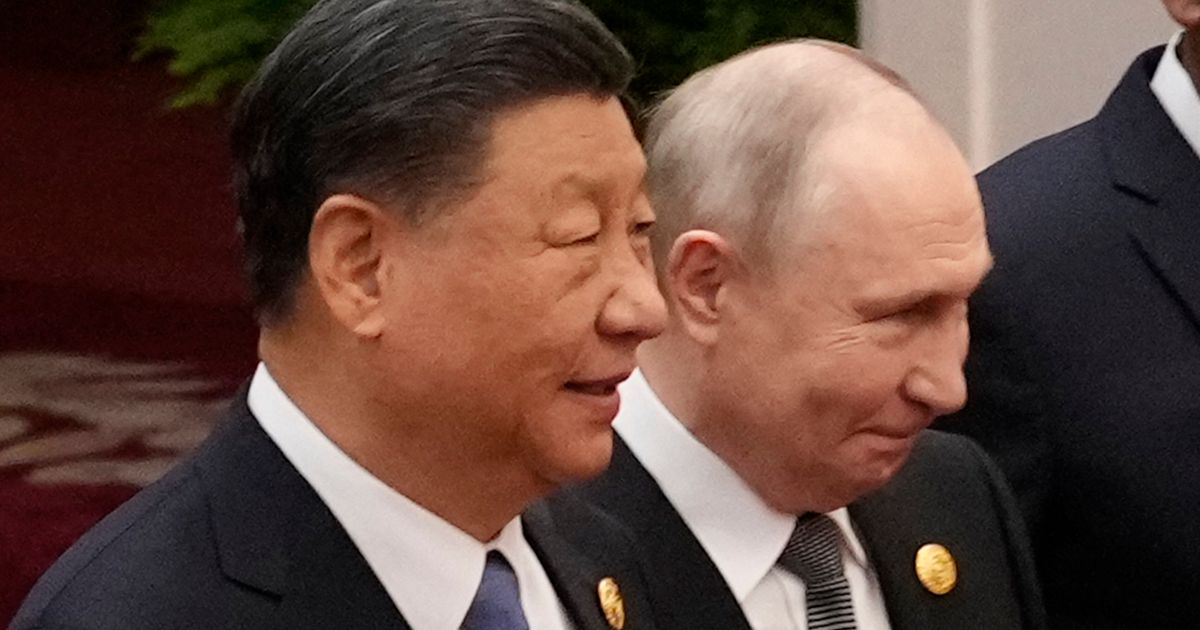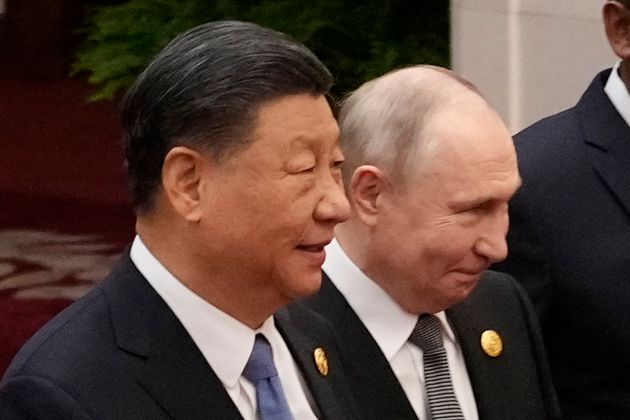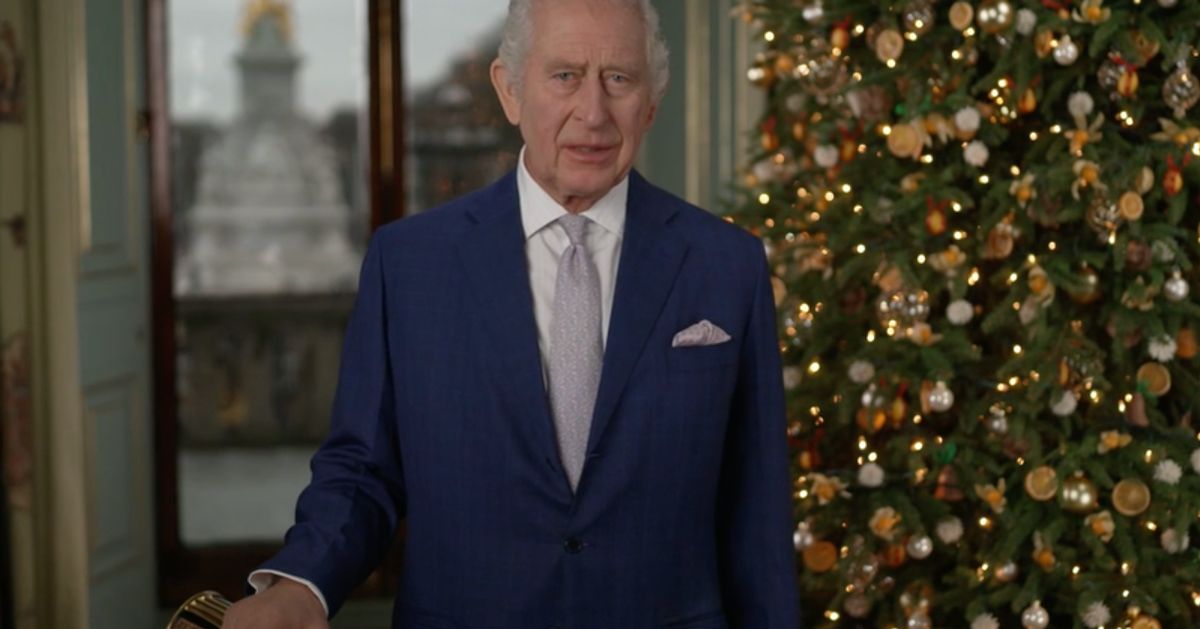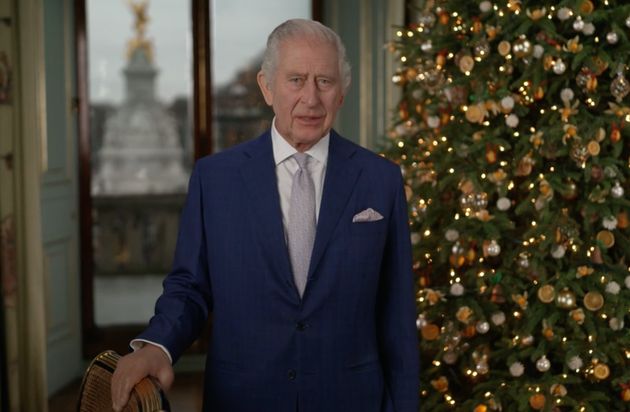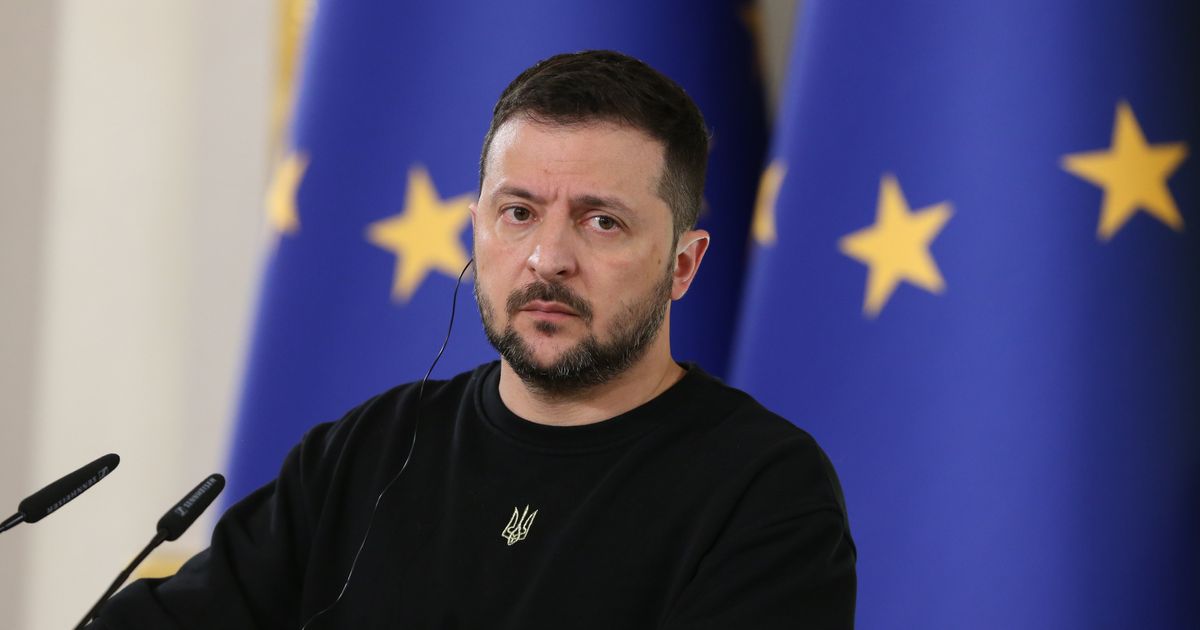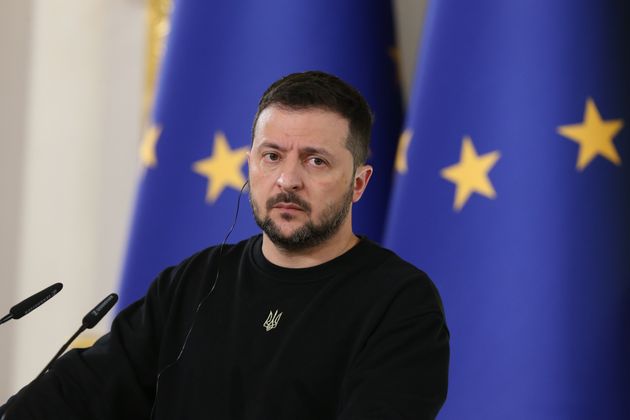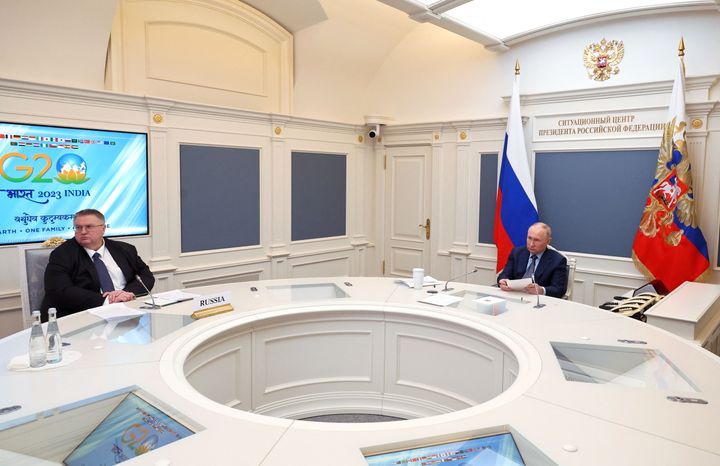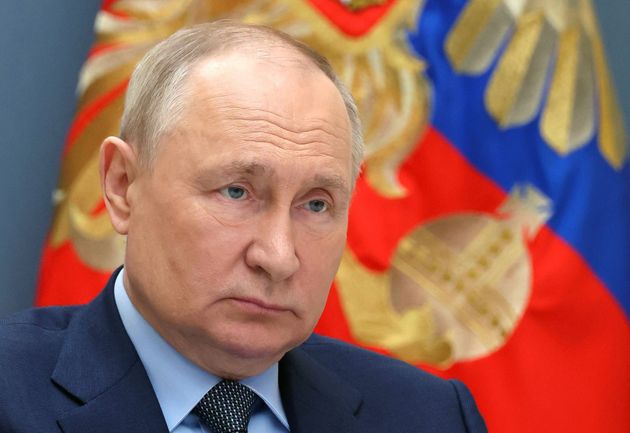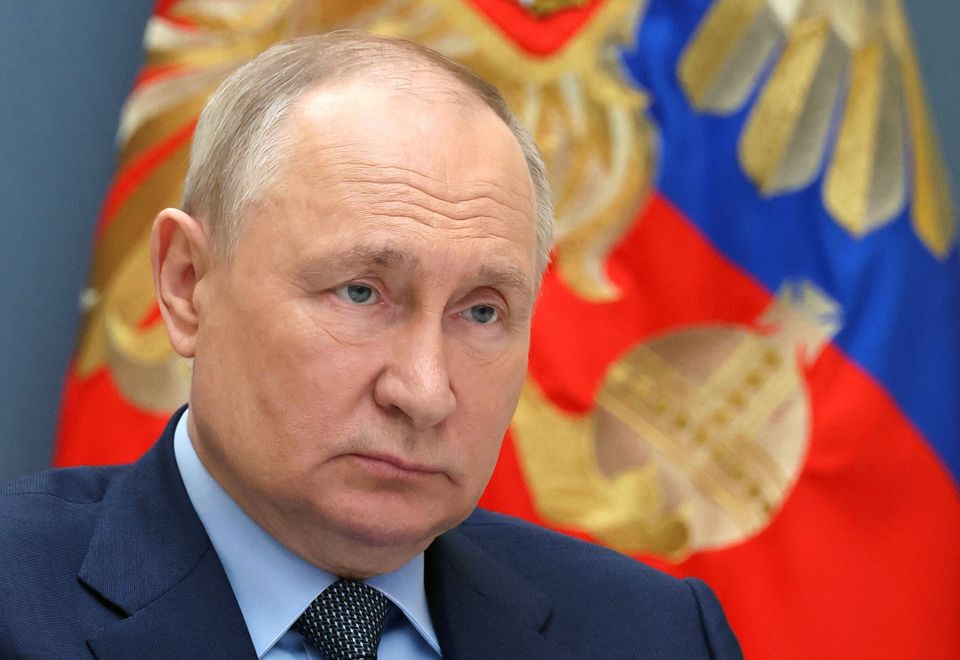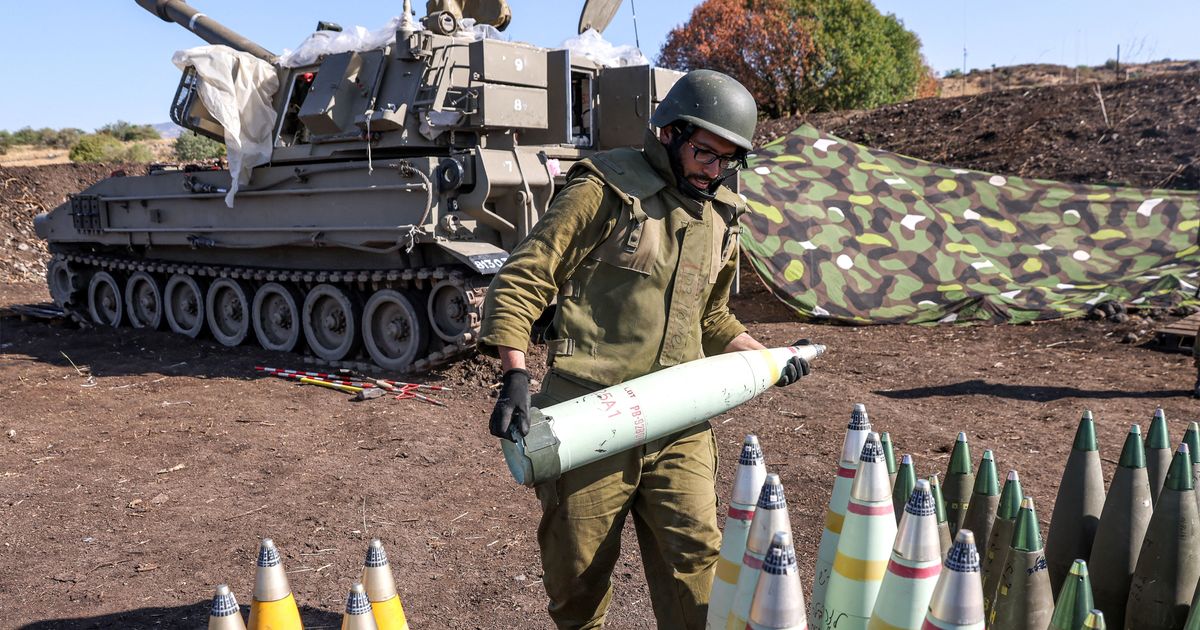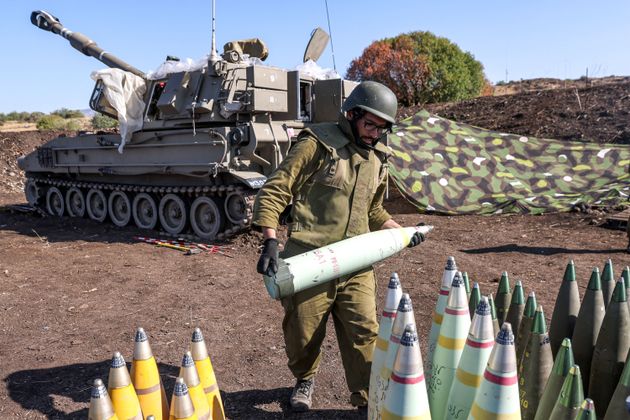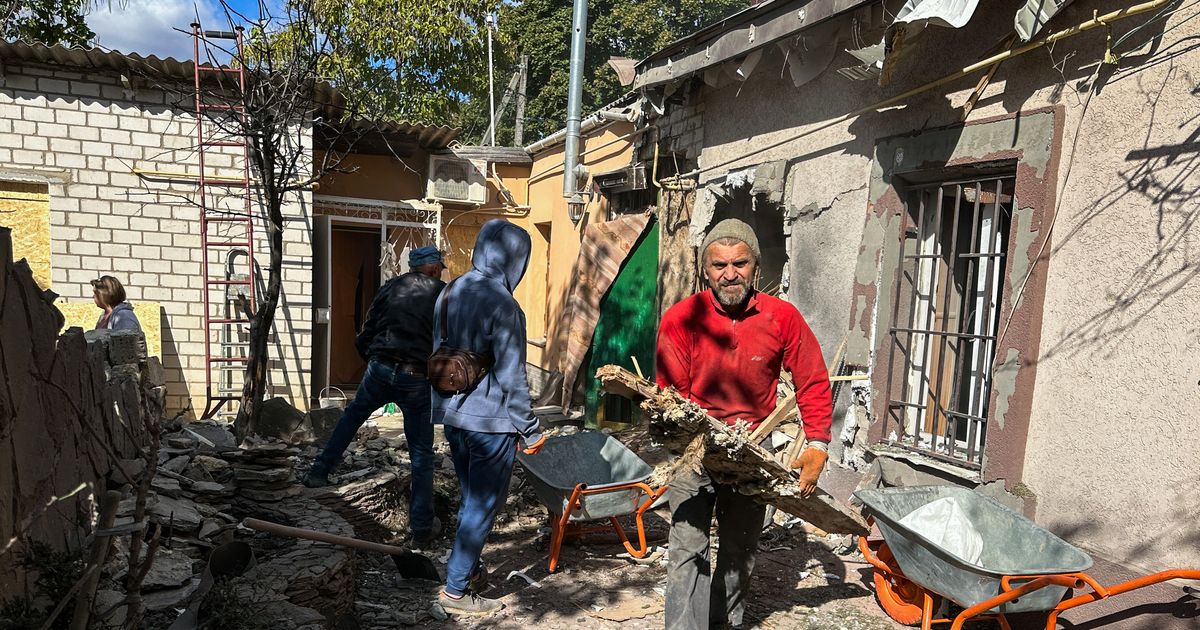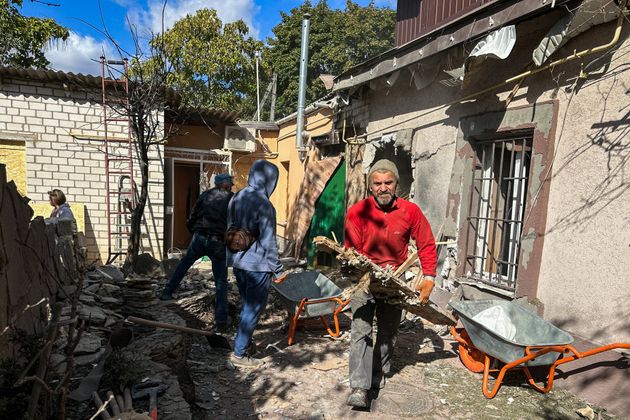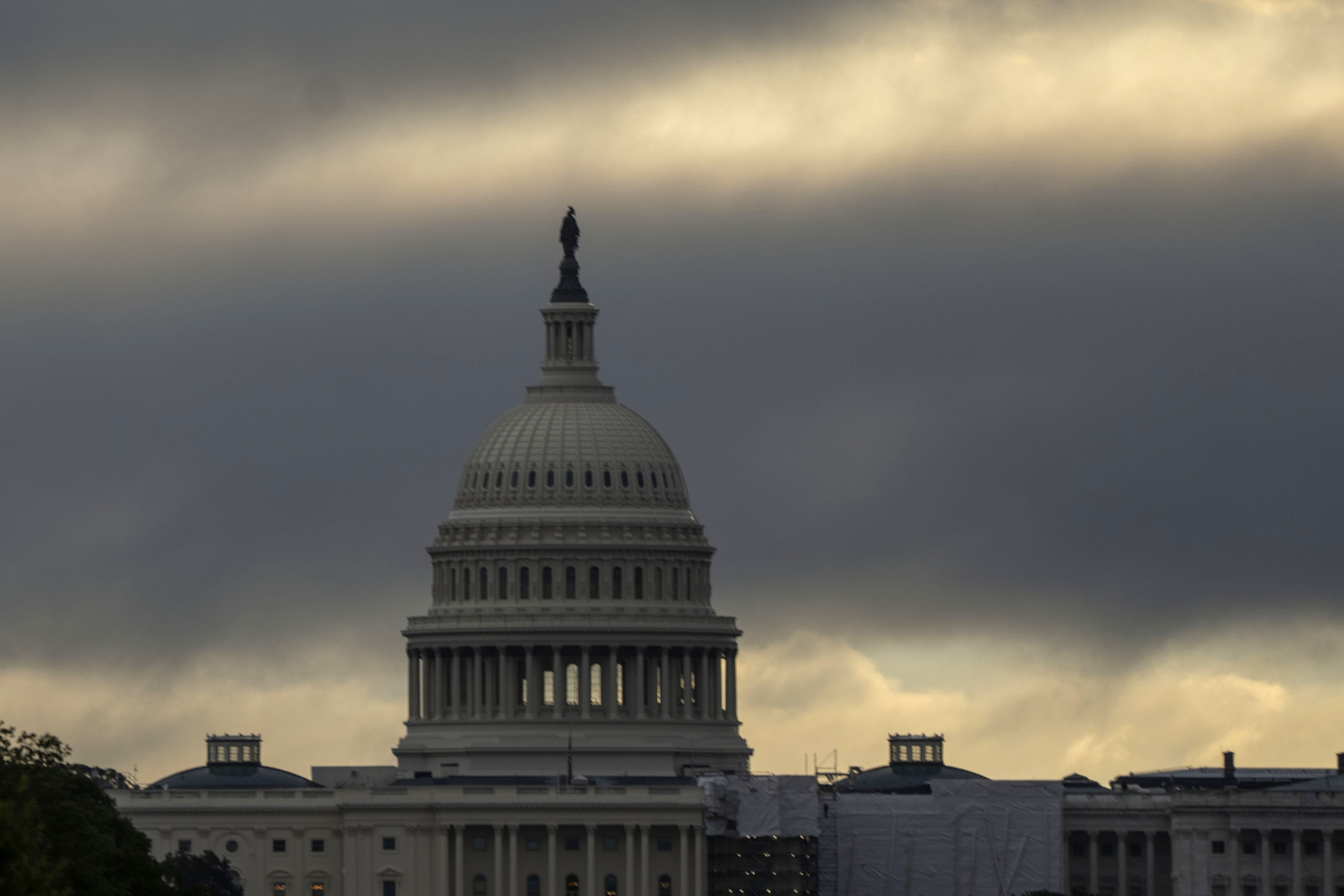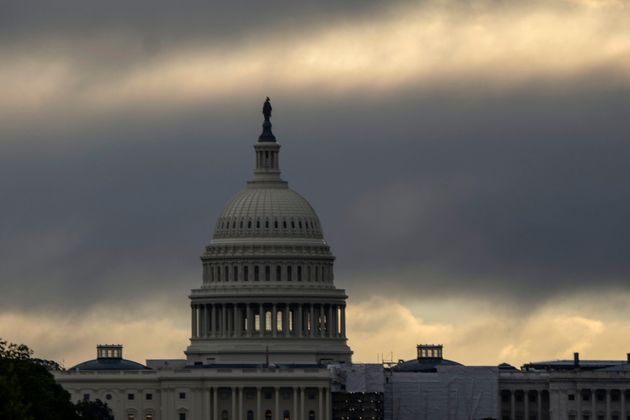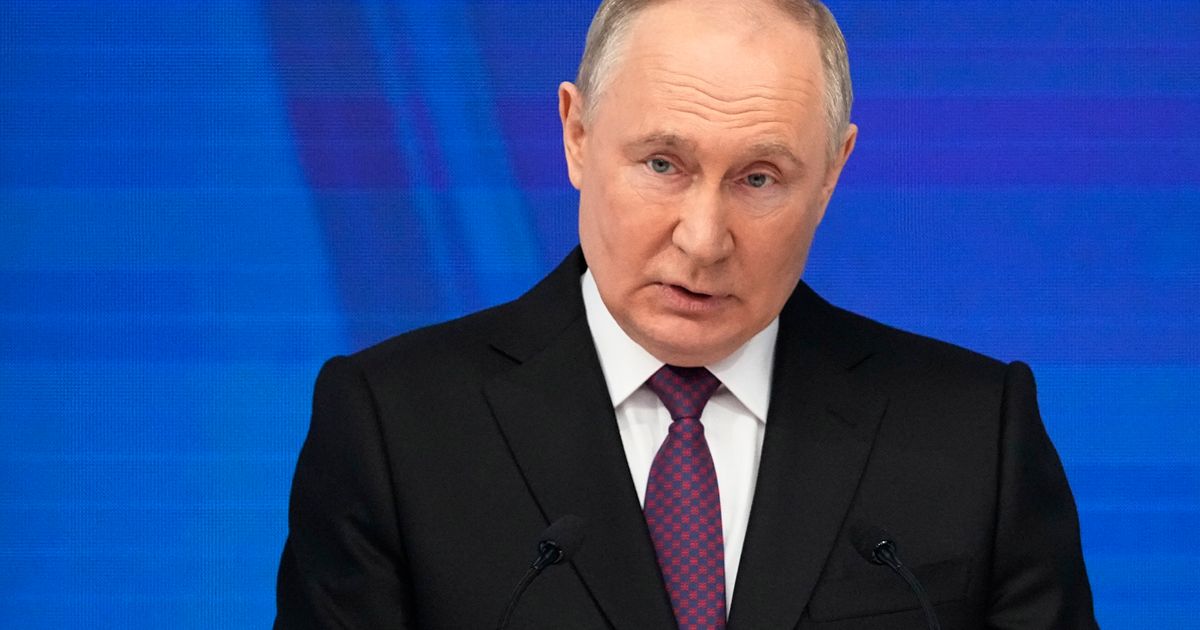
Vladimir Putin has just claimed the world has no place for “dictatorship, double standards or lies” – more than two years after he invaded Ukraine and a day after his most prominent critic was laid to rest.
The Russian president was speaking the day after the funeral of Alexei Navalny, who died under mysterious circumstances in a Russian penal colony in the Arctic circle last month.
Advertisement
The Russian prison service claimed Navalny felt unwell and then fell unconscious while on a walk, and medics were not able to revive him.
He was serving a lengthy sentence on charges widely seen as politically motivated at the time.
Putin has not directly addressed Navalny’s passing even though it has become an international news story.
Leaders across the West have also blamed Russian president for his critic’s death – US president Joe Biden said he has “no doubt” it was the “consequence of something that Putin and his thugs did”.
But speaking on Saturday to the participants of the World Youth Festival, Putin bizarrely praised equality and justice, according to a report from the Russian state news agency TASS.
Advertisement
Putin claimed: “I know that these values are shared by the vast majority of the Earth’s inhabitants.
“This is why we must take care of them and defend them together, fulfil our dreams together, and help each other to make the lives of billions of people – let me stress this – billions of people better.
“This world has no place for racism, dictatorship, double standards or lies, and people are free to speak their language and follow the beliefs and traditions of their ancestors.”
It’s worth remembering Putin has been called a “dictator” by Biden in the past and the Russian president’s brutal actions in Ukraine have left the country pretty isolated on the world stage.
Having suppressed his most vocal political opponents over the years, Putin is also a shoo-in to win the upcoming presidential election in Russia. He has already spent more than two decades in power.
The Kremlin has been cracking down on any kind of public dissent in Russia in recent years, too.
Independent media and human rights defence group, OVD-Info reported that more than 400 people were detained at events across 32 Russian cities in the first few days after Navalny’s death – including journalists.
Advertisement
Mourning supporters of the outspoken Kremlin critic were even prohibited from laying flowers in his memory.
Navalny’s family also claimed they struggled to find a venue to host his funeral in Russia, with many refusing once they found out who the funeral was for.
However, thousands still turned out to show their support for Navalny on Friday, chanting “no to the war” and “Putin is a murderer”.
According to the US-based think tank, the Institute for the Study of War, the Kremlin likely allowed this unusual show of rebellion to happen to “avoid prompting wider outrage”.
The experts suggested: “The Kremlin likely did not order large crackdowns against displays of anti-war sentiment in order to avoid prompting wider outrage while also projecting confidence in public support for Russian President Vladimir Putin and his war effort in Ukraine ahead of presidential elections on March 17.”
Advertisement

